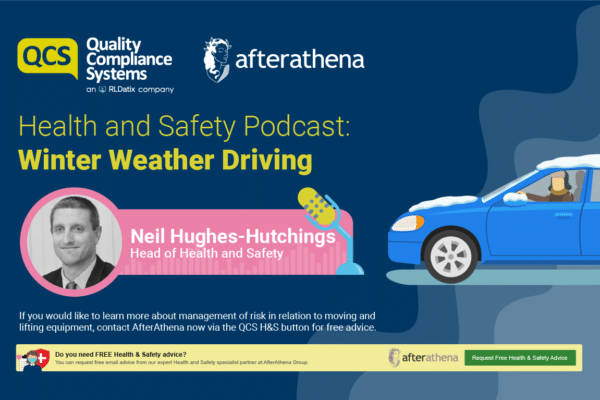
The guidance emphasised the need to consider the privacy of people who may be filmed by these covert cameras. It also advised that the permission of service users must be obtained, and that any concerns about the quality of care and support should be raised in the first case with the manager or with the service provider. Equipment should also only be used in a person’s private room.
Settling doubts
Carers and relatives have been positive about this development. A family member stated in a recent newspaper article that filming care staff had enabled his suspicions about theft to be confirmed: he said that only the film of the carer taking money from his relative allowed a case to be brought against the staff concerned. Previously, his relative had completely trusted this staff member, and was shocked to see physical evidence of the theft.
Where trust in staff begins to fade, this may be the only way of settling any doubts about maltreatment or abuse. Cameras do not introduce mistrust, but are solid ways of testing out the suspicions of people who genuinely care.
A recent survey of care staff in a national organisation brought mixed views: filming in public areas by the provider was seen as acceptable, but there were strong views for and against filming in people’s own rooms. Much of the opposition was focused on protecting the privacy and dignity of the person receiving care.
Mixed reactions
The views of residents are of course all important. People’s permission must be asked for before any filming takes place in their room. Where people may not be able to give their permission, then it must be clearly shown that the use of the equipment is in the best interests of the person concerned.
Care providers have also had mixed reactions. HC-One, a national provider of care, has carried out an extensive survey on the issue: others have suggested it may lead to the breakdown of trust in many services.
However, covert filming was an essential part of the uncovering of extreme abuse at Winterbourne View several years ago. It has now apparently become one recognised way of investigating care concerns: let us hope that it remains only one option in the regulatory methods to assure the public of trust and genuine care in the services they use.






